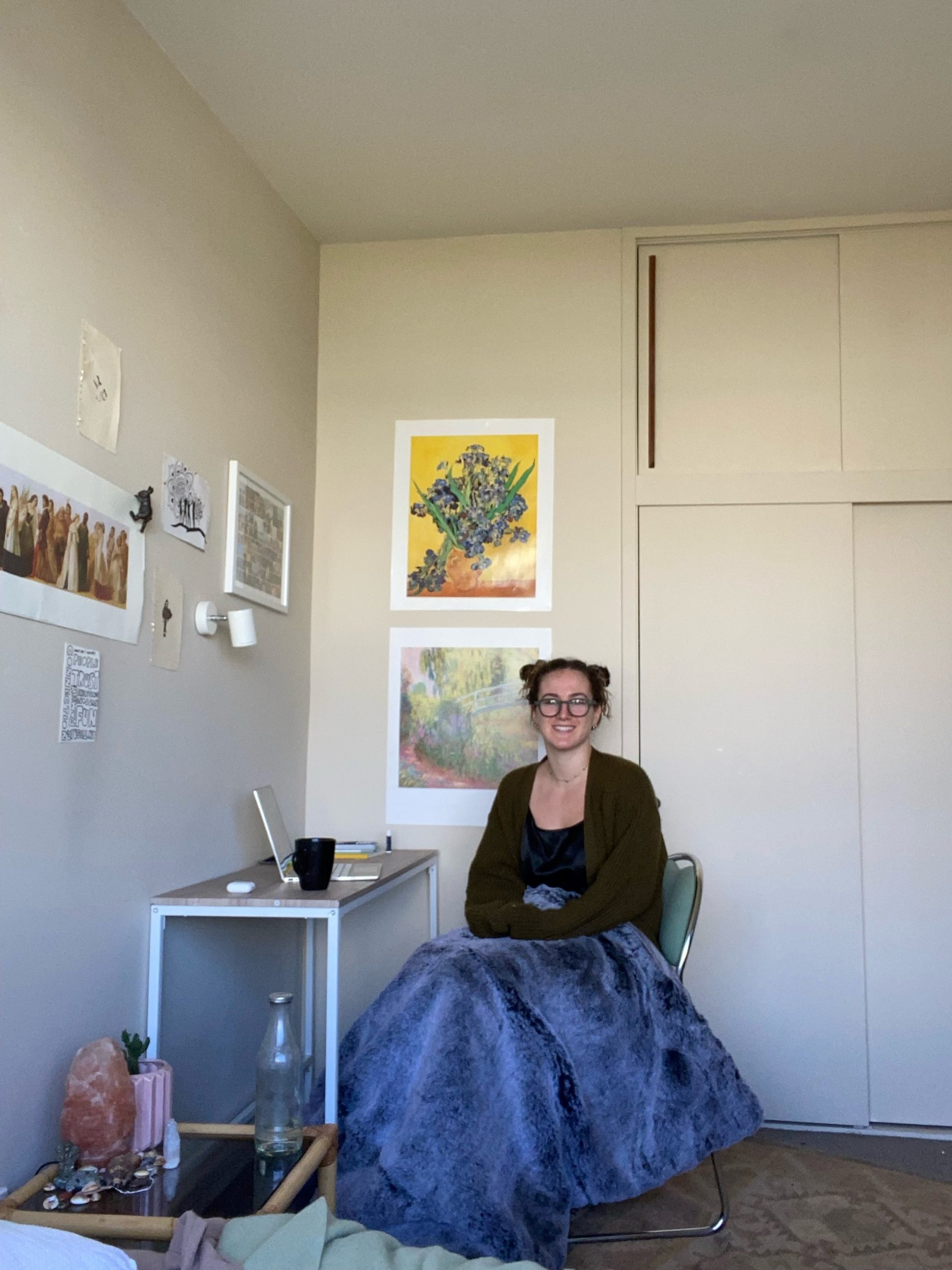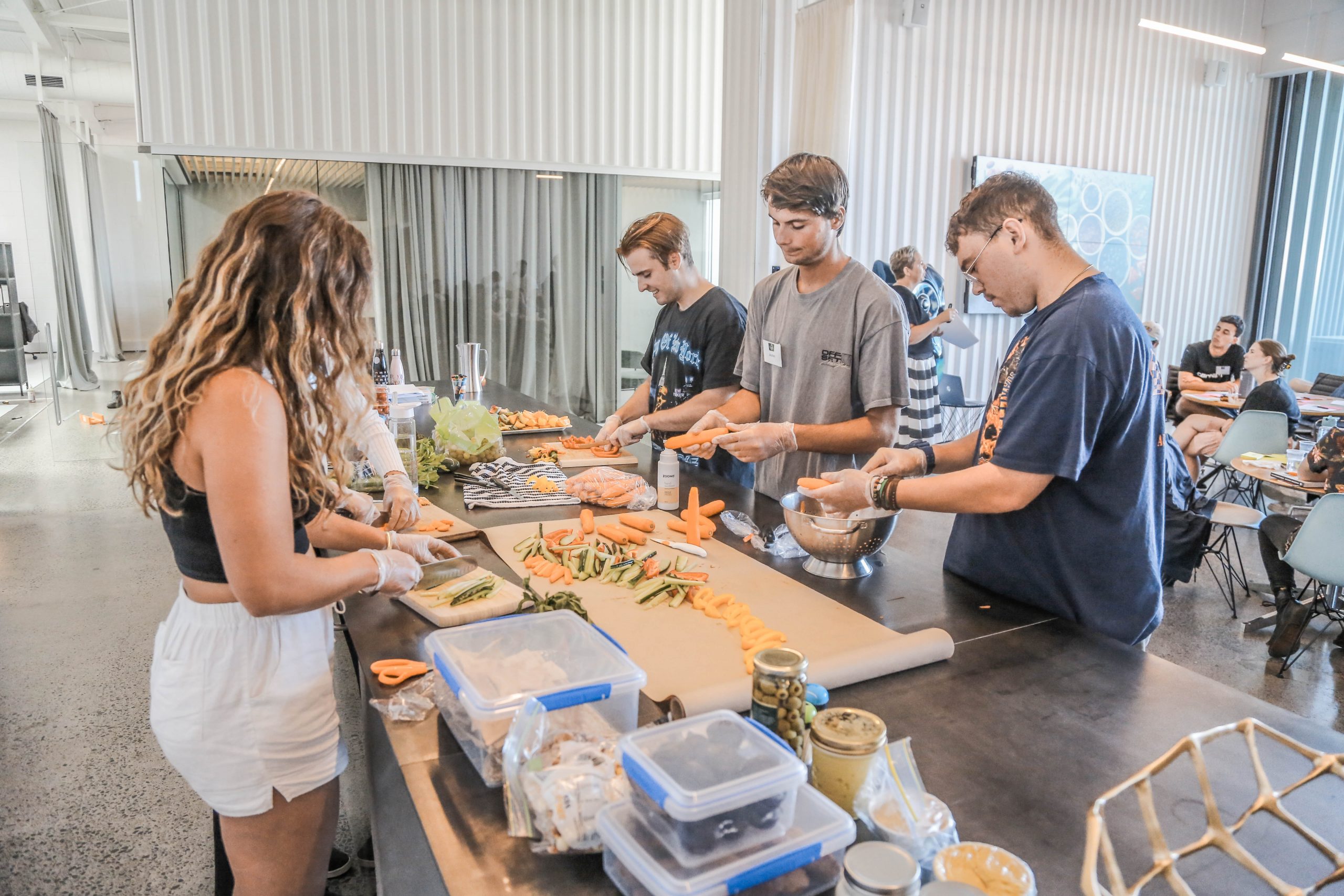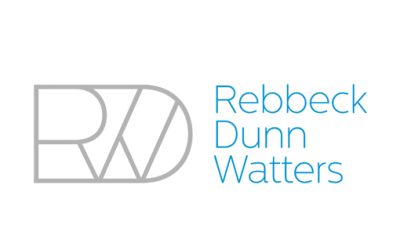
The rising cost of living is having a significant impact on Keystone Trust students, with many having to take on more part-time work or making conscious decisions about the type of grocery staples they purchase and when to travel to their tertiary provider given the cost of fuel.
“Our students have come of age in a low-interest environment where globalisation and access to cheap credit have kept the price of goods and services low for so long that higher prices for necessities like petrol are unknown to them,” Amanda Stanes, Keystone Trust general manager says.
“We are finding students and their families are struggling to keep up with rising costs – students say the rising costs associated with transport are the most significant drain on their finances.”
“Many work part-time on building sites where public transport is not yet in place or is so sporadic outside of peak travel hours that they need to run their own vehicles to get between work, study, and home.”
“Some have had to drop other activities or are choosing which days to go to university so they can manage their budgets,” she adds.
Inflation in New Zealand has hit a three-decade high noting 5.9 percent in the December 2021 quarter, spurring the central bank to start raising interest rates in an effort to dampen consumer demand.
Food prices have recorded the biggest jump in a decade, while the increasing cost of rent and servicing debt is putting household budgets under pressure.
Ms Stanes points to anecdotes of students becoming incidentally vegetarian because the price of meat is out of their budget.
“Students have been incredibly resilient over the past two years, facing disrupted learning through the pandemic and are now adjusting to rapidly rising prices for the necessities of everyday life.”
“What we don’t want to see is a drop in tertiary enrolments because the rising cost of living has pushed young people prematurely into the workforce,” she adds.
Ms Stanes says that while research from the Trust has found alumni are more likely to earn more once in the workforce, she is concerned about students’ quality of life while studying, especially with the impending winter.
“COVID lockdowns over 2021 prevented our students from making use of heating provided in their tertiary providers’ libraries, we found we were supporting students with additional assistance from our hardship fund to pay for heating, warm clothing, and more nutritional food,” Ms Stanes says.

While student allowances and student living costs will increase by $25/week from 1 April, the annual adjustment falls short of meeting the sharp quarterly movements of inflation.
However, Ms Stanes says she is happy to note that many of the tertiary providers and businesses Keystone works with are taking an active approach to the difficult situation facing young New Zealanders.
“These organisations are helping to provide budgeting advice, repurposed laptops and IT gear, courses in financial literacy and other wellbeing initiatives which will help students and young workers,” she adds.
Below the Trust details eight tips for young people managing their finances:
- Financial management; utilise digital budgeting tools to make a budget and stick to it. Talk with your bank about how to consolidate/manage debt. Using a spreadsheet to record income against expenses will offer a better understanding of financial obligations and what individual discretionary spending looks like. Websites like sorted.org.nz are a helpful resource with tools, guides and advice.
- Meal preparation; writing a shopping list, buying basics in bulk, and preparing meals in advance can help you to avoid expensive impulse purchases.
- Awareness; being aware of market pricing for things like food and petrol can help you to shop around more efficiently and make better purchasing decisions. The use of Gaspy and other mobile applications offers easy visibility for comparison.
- Transport; where you can, use public transport. Make use of carpooling with mates and where you can do so safely, walk.
- Go green by growing your own herbs/vegetables; depending on space at home growing leafy greens and vegetables can be a satisfying way to learn about gardening and save money on the weekly shop.
- Leftover week; choose a week to clean out the fridge/freezer/pantry – if you name the ingredients, the internet will have a recipe for cooking them. This can be a good opportunity to try cost-effective ‘meat-free’ days.
- Secondhand clothing shops; with a focus on sustainability and the environment, check out the ‘new’ seasons’ stock and keep an eye out for Salvation Army Family Stores and Hospice stores for quality warm clothing at great prices.
- Cold comfort; with winter approaching energy bills will increase, utilise market information and comparison websites to ensure you are using the right provider for your needs. Beyond the obvious turning appliances and lights off when not in use, timers for lights and hot water cylinders can also help to lower electricity costs. Using door draught stoppers that cut back on the movement of air between rooms may seem an old-fashioned item, but they work.
Further media enquiries can be directed to the contacts below
Amanda Stanes
Keystone Trust – General Manager
M: 021 689 380
E: amanda@keystonetrust.org.nz


